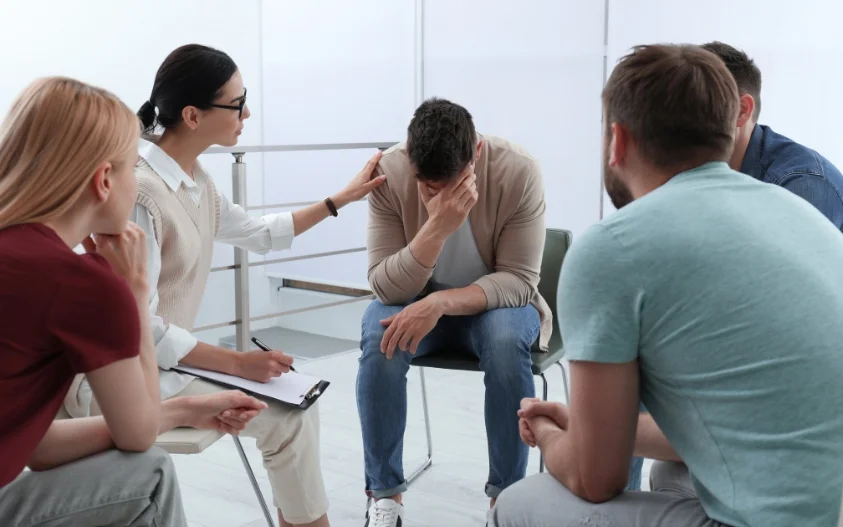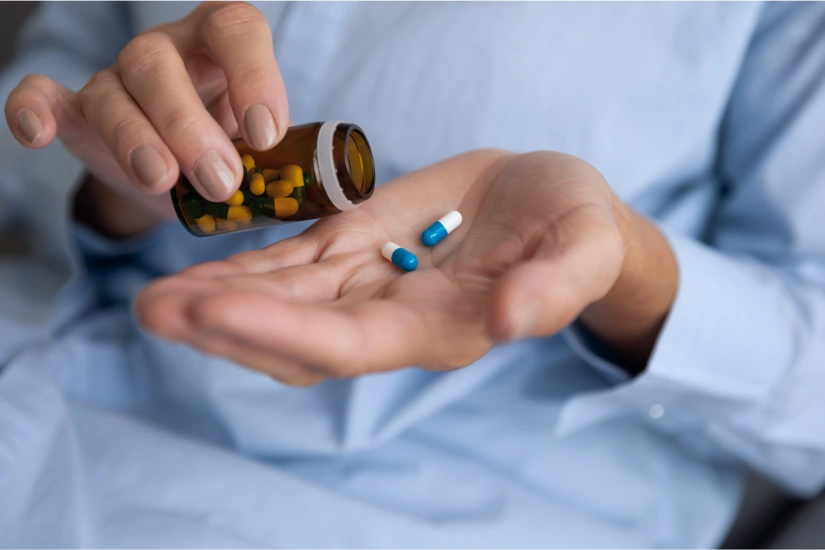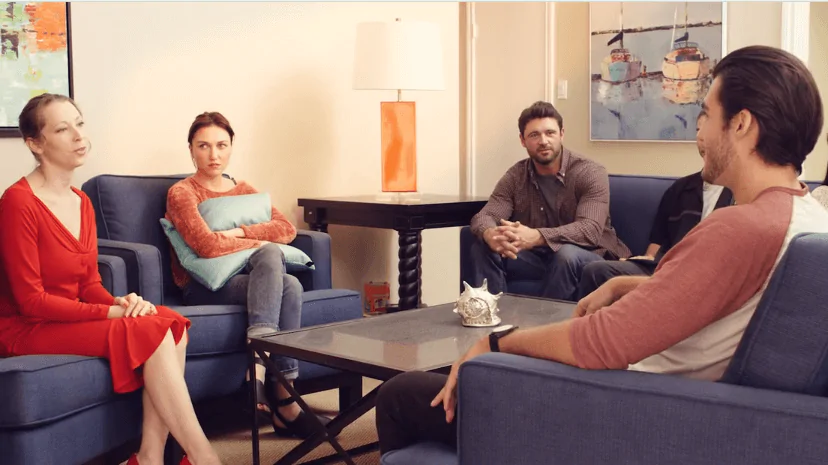24/7 Helpline:
(866) 899-221924/7 Helpline:
(866) 899-2219
Learn more about Cocaine Rehab centers in Prince George
Cocaine Rehab in Other Cities

Other Insurance Options

Highmark

AllWell

Magellan

BHS | Behavioral Health Systems

UnitedHealth Group

GEHA

Humana

Health Choice

American Behavioral

PHCS Network

Group Health Incorporated

Kaiser Permanente

Holman Group

ComPsych

CareFirst

Amerigroup

Absolute Total Care

UMR

Medical Mutual of Ohio

Ceridian












Community Services Board – Prince George Counseling
Community Services Board - Prince George Counseling Services offers outpatient treatment for adults ...


